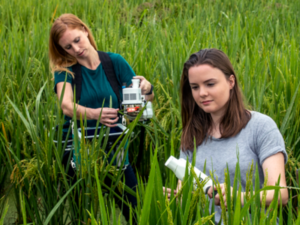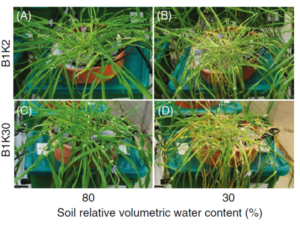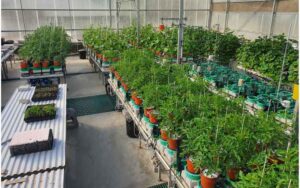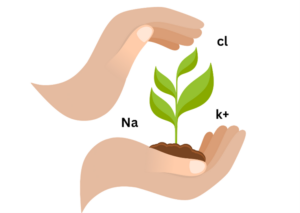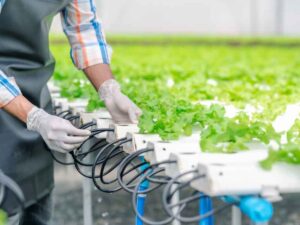Plant Analysis With SPAC-Analytics APIs: Why Is It Beneficial? | Plant Ditech
Enhancing Plant Analysis with SPAC-Analytics APIs
On this page, we will explore the use of APIs to interact with the PlantArray system, a cutting-edge platform for plant data management and analysis. Whether you are a developer, researcher, or plant enthusiast, understanding SPAC-Analytics APIs can help you harness the power of plant-related data for various applications, including the integration of external plant data into SPAC-Analytics.
SPAC-Analytics APIs offer a standardized method to access and manipulate plant-related data, allowing for seamless integration of PlantArray’s resources into SPAC-Analytics, thereby enhancing its capabilities.
How SPAC-Analytics APIs will help your research?
Access to Rich Plant Data: PlantArray’s extensive database offers a wealth of plant-related information, including plant performance, growth patterns, and environmental data. By using our APIs, you can tap into this valuable resource and supplement the data available in SPAC-Analytics.
Automated Data Retrieval: Instead of manually downloading and combining data, APIs allow you to automate the process, making it easy to update and expand the data in SPAC-Analytics with the latest plant information.
Integration with SPAC-Analytics: Integrating PlantArray’s data into SPAC-Analytics enriches your analytics platform with real-time, accurate plant data. This integration can help you make even more informed decisions, generate insights, and gain a competitive edge.
Customization: SPAC-Analytics APIs offer various endpoints and parameters, allowing you to customize your data requests to align with your specific needs and requirements.
Advantages of Importing External Plant Data to SPAC-Analytics via the API:
Integrating external plant data from PlantArray into SPAC-Analytics offers several advantages:
- Comprehensive Data: With the primary data received from PlantArray, SPAC-Analytics becomes the ultimate one-stop solution for plant data analysis. You can seamlessly integrate plant data from PlantArray with your internal data sources to gain a more comprehensive and in-depth view of plant-related information.
- Real-Time Updates: Through API integration, SPAC-Analytics can access up-to-the-minute plant data from any external databases, ensuring that your analyses and insights are based on all the available information.
- Improved Decision-Making: With a richer dataset, SPAC-Analytics can provide more accurate and insightful reports, aiding in better decision-making for agriculture, horticulture, research, and more.
- Research and Development: For research-oriented applications, the integration enables SPAC-Analytics to access a wider array of plant-related data for scientific experiments and studies.
- Enhanced User Experience: For end-users of SPAC-Analytics, the incorporation of external plant data from PlantArray can result in better crop management, pest control, and overall agricultural practices.
How to Use PlantArray APIs in SPAC-Analytics:
To use SPAC-Analytics APIs, please contact our support team at support@plant-ditech.com. We will provide you with the necessary API documentation, assistance, and guidance to kick-start your integration process. Our support team is here to ensure a smooth and successful implementation of SPAC-Analytics APIs.
With the support of our experienced team, you can seamlessly integrate rich plant data into SPAC-Analytics, enhancing your analytics platform’s capabilities and delivering more comprehensive and insightful solutions for your plant-related endeavors. Contact us today to get started!


